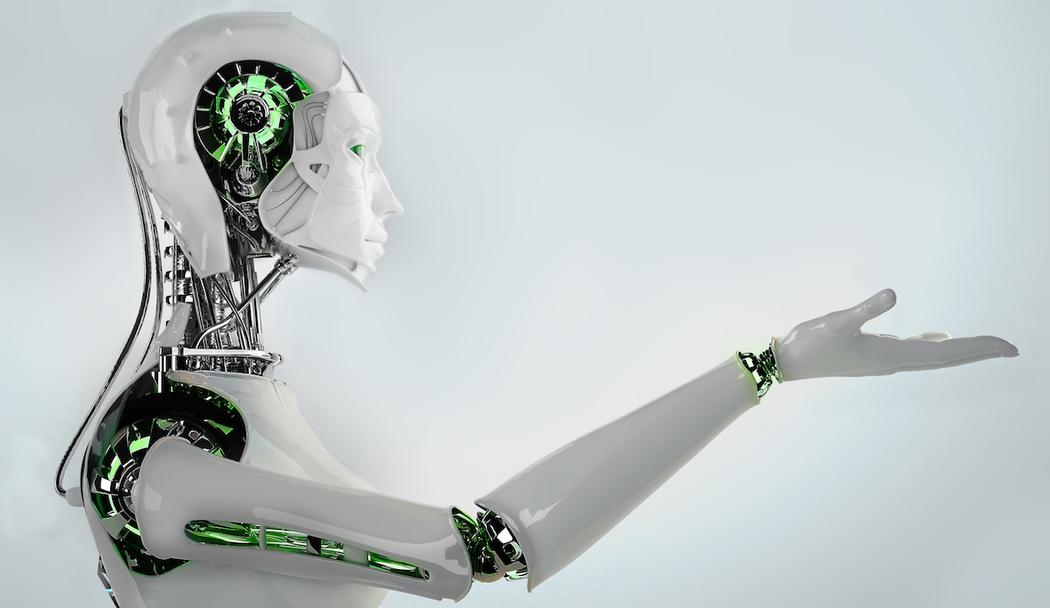Ce n’est un secret pour personne, les industries font de plus en plus appel aux robots pour une multitude de tâches, au point de créer des préoccupations quant au risque de raréfaction des emplois. Une solution pour les étudiants serait bien sûr d’acquérir une formation en robotique. De plus en plus d’industries vont avoir besoin d’intégrateurs de robots et de cobots pour l’avenir. Bien des voies sont ouvertes par les récents développements de la technologie.
L’invasion des robots : nous y sommes déjà
Le métier d’intégrateur existe déjà en ce qui concerne les robots et les cobots. Les cobots sont des robots collaboratifs conçus pour accompagner l’être humain dans un espace de travail partagé. Ils effectuent en particulier les tâches répétitives et soulèvent les charges trop lourdes. Leur degré de complexité augmentant, les entreprises auront bientôt besoin de nouvelles compétences pour intégrer ces nouveaux éléments en milieu de travail.
D’après le site L’usine nouvelle, il existerait déjà environ 450 sociétés d’intégration en France. Ces PME et TPE se chargent d’intégrer les robots dans les usines. Avec l’évolution de la technologie, ces machines doivent répondre à de nouvelles exigences. Ainsi, elles doivent maintenant être connectées entre elles et reliées au système d’information de l’entreprise, ce qui nécessite une formation adéquate pour les intégrateurs de la nouvelle génération.
Des intégrateurs à former
Avec la recrudescence de cobots affectés à des tâches de plus en plus nombreuses, les possibilités de formation se multiplient. On offre de plus en plus cette formation dans les établissements supérieurs. Des regroupements régionaux d’entreprises et d’établissements de formation en robotique sont créés dans plusieurs régions de France.
Mentionnons aussi le CRTI, un centre de formation du Mans spécialisé en robotique qui intervient sur l’ensemble du territoire français. Ce centre se charge avant tout de la formation de techniciens et d’opérateurs capables d’utiliser les robots de n’importe quelle marque et de s’occuper de leur maintenance. Le centre enseigne comment se servir de logiciels de programmation de robots et de l’exploitation des outils de diagnostic pour la réparation.
Bienvenue aux ingénieurs et aux techniciens
Si les entreprises se soucient généralement de la formation continue de leurs ingénieurs et de leurs techniciens, l’appel à de nouvelles têtes formées en fonction des nouvelles réalités de la technologie sera inévitable pour les années à venir. Tout est à faire dans de nombreux cas puisque la robotique est encore à l’état expérimental dans la plupart des laboratoires. C’est un domaine tout neuf qu’il est possible d’accompagner dans sa mise en place et dans l’organisation de ses priorités.
Quant à elle, l’intégration des robots industriels continue de nécessiter l’embauche de beaucoup de personnel qualifié. Elle implique toujours un niveau de compétence important. Il faut en effet avoir des connaissances autant en informatique que dans le domaine électrique. Il faut aussi disposer de très bonnes compétences dans les relations avec la clientèle. Il s’agit donc d’un défi exigeant mais fort intéressant dont le développement réserve encore son lot de surprises pour les prochaines années et il vaut donc la peine de se former dans ce domaine.






